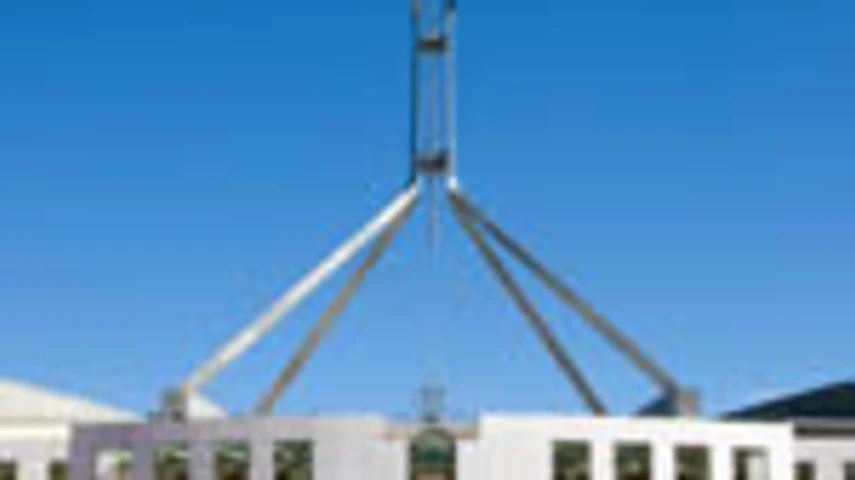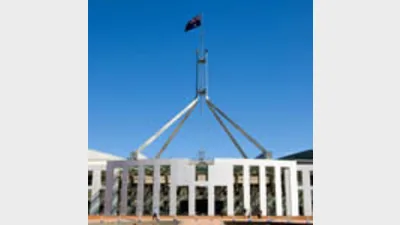Govt removes superannuation guarantee age limit



 The Government has amended its recent superannuation guarantee amendment bill to completely abolish the age limit for compulsory contributions.
The Government has amended its recent superannuation guarantee amendment bill to completely abolish the age limit for compulsory contributions.
Assistant Treasurer and Minister for Financial Services and Superannuation Bill Shorten said that from 1 July 2013, eligible employees aged 70 and over will receive the superannuation guarantee for the first time.
"Making superannuation contributions compulsory for these mature-age employees will improve the adequacy and equity of the retirement income system, and provide an incentive to older Australians to remain in the workforce for longer," Shorten said.
The recently-announced Superannuation Guarantee (Administration) Amendment Bill 2011 raised the age limit for SG contributions from 65 to 70, but shortly after this Shorten told Parliament the Government would be abolishing the age limit altogether.
The changes will also ensure employers will be able to claim income tax deductions for superannuation guarantee contributions made to employees aged 70 and over from 1 July 2013, according to a Treasury statement.
It ensures employers will not bear a higher cost in employing workers 70 and over compared with other workers, the statement said.
Recommended for you
Australia’s largest super funds have deepened private markets exposure, scaled internal investment capability, and balanced liquidity as competition and consolidation intensify.
The ATO has revealed nearly $19 billion in lost and unclaimed super, urging over 7 million Australians to reclaim their savings.
The industry super fund has launched a new digital experience designed to make retirement preparation simpler and more personalised for its members.
A hold in the cash rate during the upcoming November monetary policy meeting appears to now be a certainty off the back of skyrocketing inflation during the September quarter.









